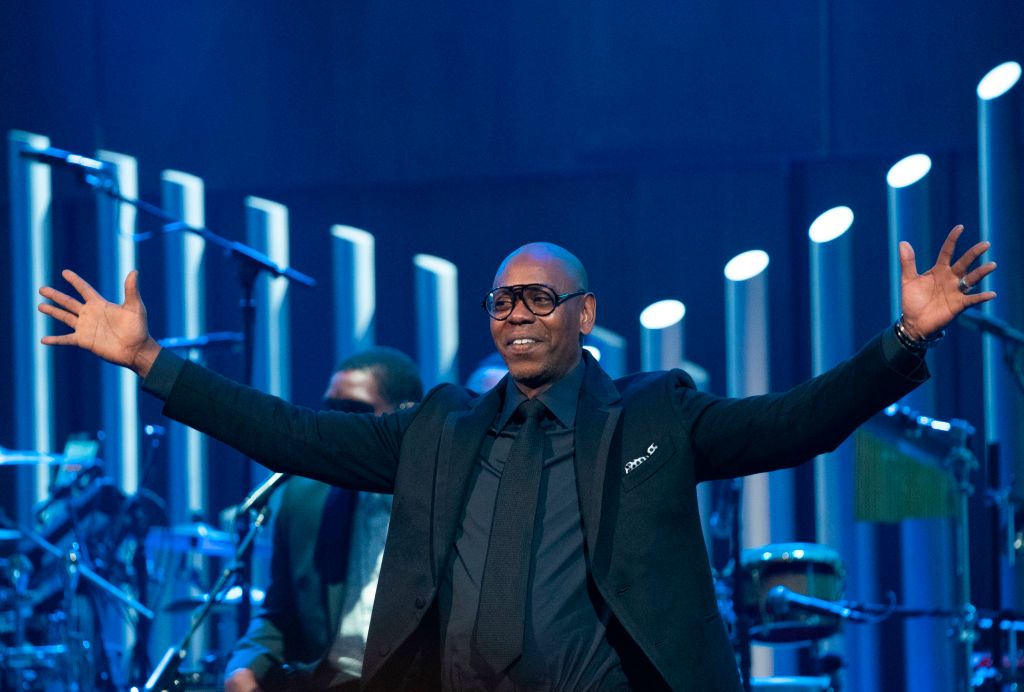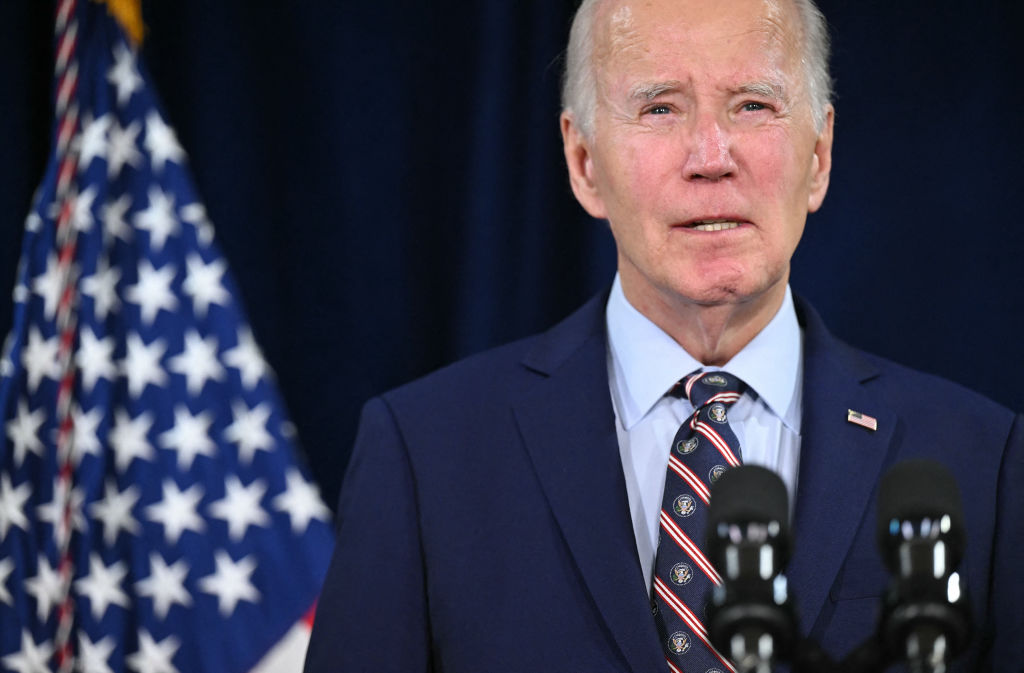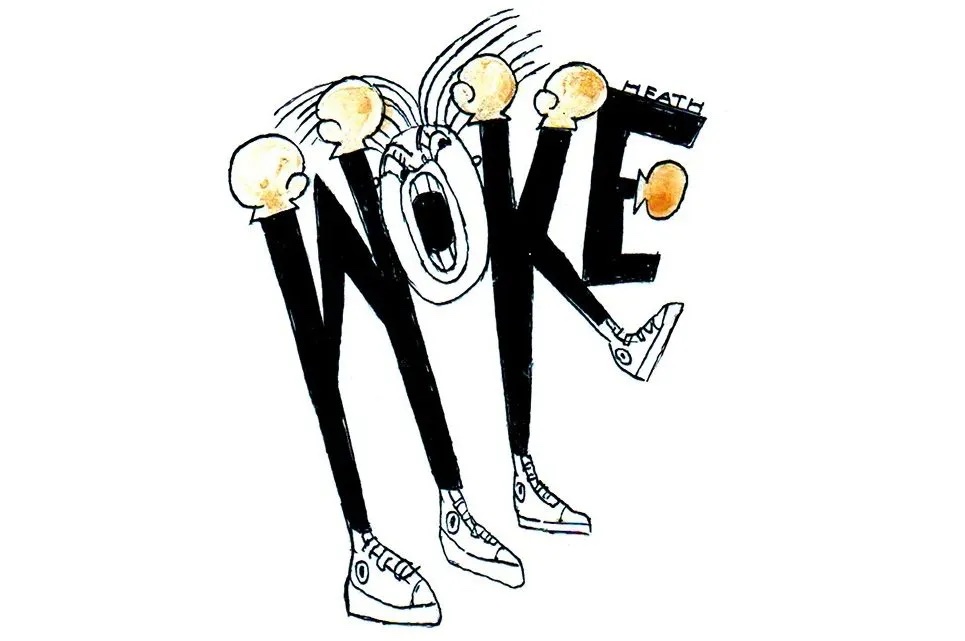Comedian Dave Chappelle’s Netflix special, The Closer, has drawn praise from audiences and social media, while eliciting scorn from reviewers and professional critics over its jokes about the LGBTQ and trans communities. Members of the press have even gone so far as to label the stand-up special ‘a betrayal‘ on Chappelle’s part.
But how far does this divide extend between what appears to be mass audience approval and universal critic disapproval? Rotten Tomatoes, the film critic aggregation site that averages reviews of visual media in film, television and streaming, has become the latest tool to measure this.
Rotten Tomatoes has a user review system, which it measures against the media critics. This helps to show how paid critics approach their art, as opposed to casual audiences. It’s also becoming a cultural cudgel that proves a disconnect between the woke media and the public at large, which is exhausted by cancellations and public struggle sessions in the name of ‘progress’, racial or otherwise.
Currently Chappelle’s The Closer critic rating on Rotten Tomatoes sits at 43 percent, earning it the dreaded green splatter. However, it’s at an overwhelming 96 percent on the audience meter. On the flip side, the new Disney Plus documentary on Dr Anthony Fauci, which explores the personal side of the controversial figure, has a certified 91 percent approval rating from critics and a mere 2 percent from audiences.
Does Rotten Tomatoes signal a new interpersonal way to poll the cultural and media divide? It could. This kind of gap first became an issue with Star Wars: The Last Jedi, which was praised by critics and borderline despised by audiences. The same thing happened with Captain Marvel, which led to Rotten Tomatoes implementing a verification system to prevent a troll tactic called ‘review-bombing’, where reviewers coordinate and bombard a piece of media or film with the sole intention of driving the rating down.
However, Rotten Tomatoes only implemented this system for theatrical releases, meaning there’s no way to track whether those commenting on or rating Chappelle and Fauci have even viewed the special. A 2 percent approval rating among audiences is almost unheard of, so the Fauci documentary is most likely a casualty of political audience bombing. The Chappelle special is more interesting, as both Chappelle himself and stand-up comedy on Netflix as a genre attract niche audiences.
Instead of comparing Chappelle’s special to Fauci, perhaps a better comparison is to the critically acclaimed special Nanette from woke comedian Hannah Gadsby. Nanette garnered a perfect critic rating of 100 percent certified fresh. And no wonder: it was practically created in a lab for New Yorker cartoon caption writers and woke social justice warriors who believe stand-up comedy is really about working through personal and societal issues of intersectionality. Nanette only earned a 27 percent audience rating.
There is thus a clear divide between what the media believes audiences should be enjoying and what audiences choose to enjoy. Rotten Tomatoes is an imperfect system to measure this kind of split but it also can’t be written off wholesale. Perhaps it’s just another vehicle to confirm the priors of a mass audience in intimate settings using flawed and exploitable metrics. Or perhaps it is something deeper, and Dave Chappelle and the audience know something that mass media gatekeepers don’t.

























